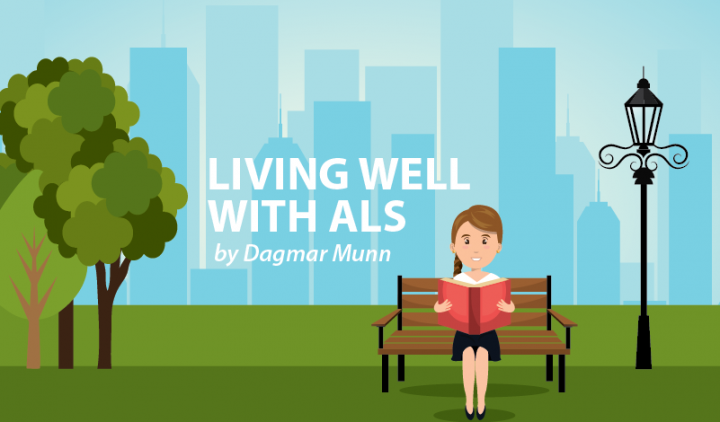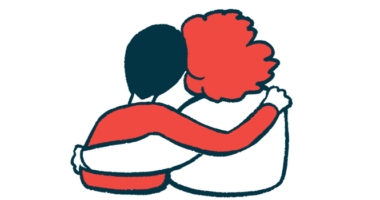Conquering the Gap Between ALS Diagnosis and Acceptance

Shortly after my doctor told me I had ALS, I faced the daunting task of sharing the news with friends and family members. I hemmed, hawed, and hesitated for many reasons, but my biggest challenge was confronting the reality of my diagnosis. I knew that when I told others about my ALS it would become real — and I would have to accept that I had ALS.
Friends and family members deserved to know about my diagnosis, but first I had to conquer my mental gap between knowledge and acceptance.
Why me?
For many nights, I lay awake retracing my life while trying to figure out what caused my ALS.
Did I exercise too much or too little? Was it something in the air or the water? Did I zig when I should have zagged?
Deep down, I knew that self-blame was unproductive and I eventually gave up my need to know the why. Instead, I settled on accepting that my ALS was caused by something on a deep, cellular level. Since I couldn’t control my cells, I decided that finding out the cause was best left to the medical experts.
Not supposed to be!
Before ALS, whenever I thought about the future I assumed my life would continue in a state of health and happiness, filled with interesting activities.
Afterward, I mourned the loss of my life goals, my expectations, and the familiar “me.”
This isn’t the way my life was supposed to turn out.
As I wrote in a previous column titled, “The ALS Game Board of Life,” life changes are often outside of our control. I had to move on while making the best of my changed circumstances and my new perspective.
Keeping with the “game board of life” theme, I decided to put more pieces of “me” on the board and expand on the qualities that defined me.
Rather than being overwhelmed with what I could no longer do, I considered what I could accomplish. I thought about the groups and clubs that I belonged to, what they needed help with, and — considering my limitations — how I could be of value. What are my skills or knowledge that I haven’t yet tapped?
I gave up trying to find the cause of my ALS and surrendered my belief that life should be a particular way. What’s left?
Acceptance.
Now, let’s go and talk to friends and family.
When, how, and what to say
- I suggest you begin by reading my previous column about a new kind of ALS diagnosis. This approach can help you when explaining ALS to others.
- Good advice is readily available. I recommend the article, “Sharing Your Diagnosis,“ from the ALS Association’s Texas Chapter.
- Friends can be our closest allies, but when it comes to ALS, most are confused about what we expect of them. For some suggestions, check out my previous column about helping friends to help you.
The time I spent worrying is lost time that I will never get back. I am still the same person on the inside and I know I can live well while living with ALS.
***
Note: ALS News Today is strictly a news and information website about the disease. It does not provide medical advice, diagnosis, or treatment. This content is not intended to be a substitute for professional medical advice, diagnosis, or treatment. Always seek the advice of your physician or other qualified health provider with any questions you may have regarding a medical condition. Never disregard professional medical advice or delay in seeking it because of something you have read on this website. The opinions expressed in this column are not those of ALS News Today or its parent company, Bionews Services, and are intended to spark discussion about issues pertaining to ALS.







Michele
Oi! Gosto da forma que você escreve. Meu irmão também é portador da ELA (ELS).
Dagmar Munn
Obrigado!